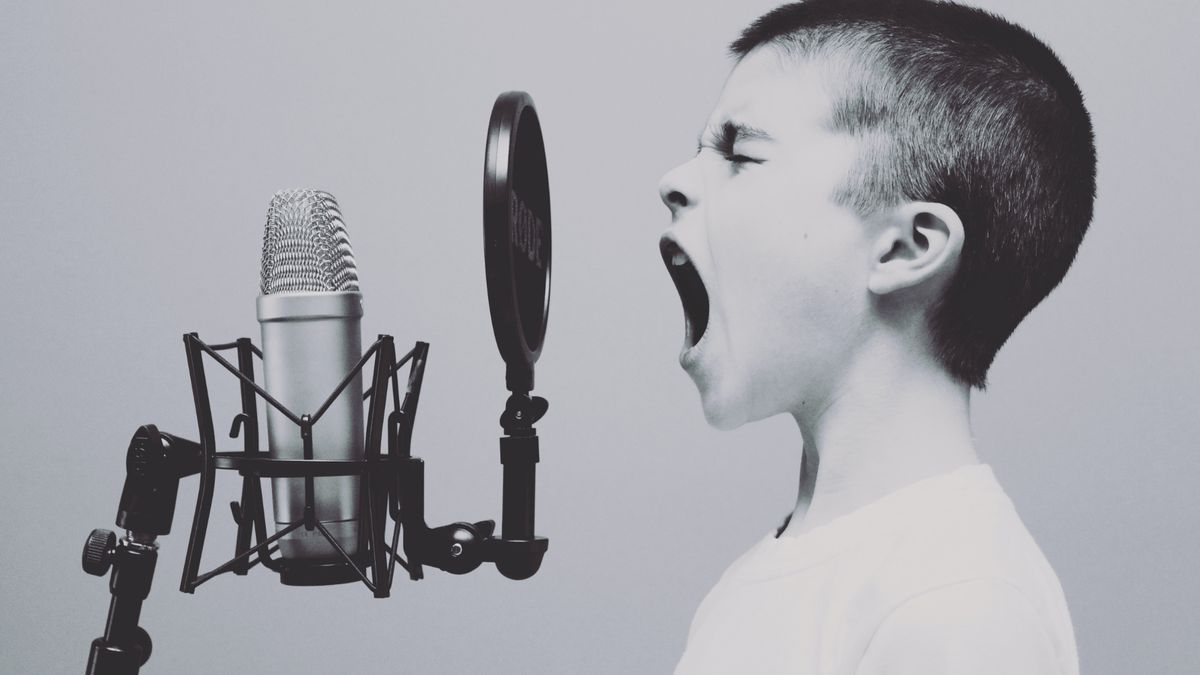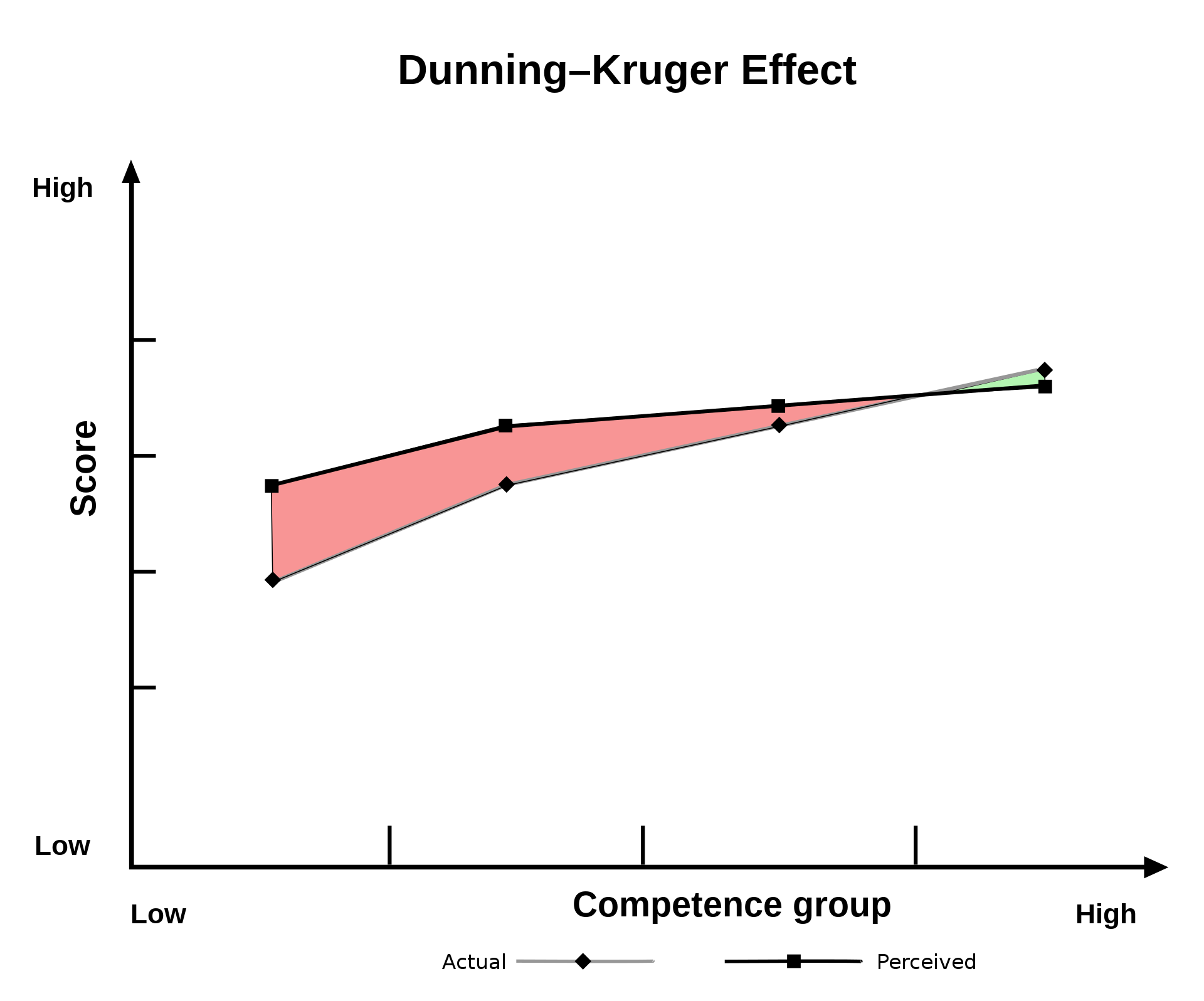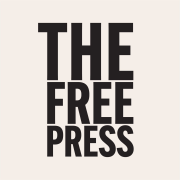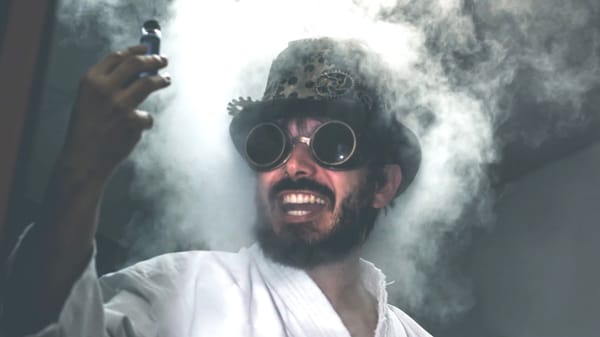Developing Integrity
This issue is about monarchy, cognitive bias, and freedom of speech.

In this issue we’re exploring how our ability to think is dependent on our ability to speak, discovering that we should always assume we could do better because we actually perform worse than we think, and we’re contemplating about what kind of work we should practice saying Yes and No to. And finally, in a new article we’re learning to judge like a king and execute like a knight.
✨ Sparks
🤓 Encyclopedia: Dunning-Kruger effect
A very helpful personality trait to develop is the understanding that one’s skills and the quality of work that results from it could always be better. This goes especially for, but is not limited to, the acquisition of new skills. When you start out, you need to keep your mind open to learn from others, particularly the ones that have been in the field for a long time; even if you don’t like them. Especially if you don’t like them. Do not fall into the trap of developing the narrow view of entitlement because of your ego and because you haven’t yet acquired the ability to distinguish between good and bad performance in the specific field. And the true masters of their craft have preserved and even deepened this understanding over decades of refinement. Always assume you could do better.
The Dunning–Kruger effect is a cognitive bias whereby people with low ability, expertise, or experience regarding a certain type of task or area of knowledge tend to overestimate their ability or knowledge. Some researchers also include the opposite effect for high performers: their tendency to underestimate their skills. In popular culture, the Dunning–Kruger effect is often misunderstood as a claim about general overconfidence of people with low intelligence instead of specific overconfidence of people unskilled at a particular task.

🌐 Website: The Anarchist Library
Web archive and browser project of articles and writings dedicated to the concept of anarchy, ideas revolving around the ruling of state and capital. Expand your horizon by skimming through a mind stimulating collection of ideas and concepts that critically question the modern status quo.

📝 Article: An Illustrated Guide to Self-Censorship
Phenomenal article that outlines how the censorship of speech affects the individual’s ability to think as well as how politics adapt to the general mainstream perception—with simple but smart expressive drawings.
We think of censorship as control over what people can say. But the concept of emergence reminds us that superbrains only “think” by way of conversation—which means that censorship is really control over what the group itself can think. For a society, censorship is mind control.
If everyone spoke out against the king, he wouldn’t stand a chance—but that takes a coordinated effort. And if just one person speaks out against the king, they’re a traitor and they’ll be executed. This traps the populace in a kind of prisoner’s dilemma. Without the confidence that everyone will join them in their treason, no one will want to risk speaking out. If someone does speak out, no one will want to join them out of fear that they’ll be the only one to join in, which would spell their own doom. So even if every single citizen wants to overthrow the king, and even if everyone knows everyone else wants to overthrow the king, the censorship policies prevent the overall society from being able to act.
Throughout human history, clever opportunists have discovered that if you could control what people say, you could write the story people believed. You could dictate the values, the morals, and the customs. You could decide who the good guys were and who the bad guys were. You could create the laws, dole out the rewards, and inflict the penalties. If you could write the narrative, the group became your marionette.
Free speech means that even the most vile and objectionable ideas can be aired freely. This is critical, because governments that enact censorship policies rarely call them “censorship” policies—they usually say they’re banning some form of vile or objectionable speech. And so often, what rule-makers happen to find objectionable is criticism of themselves and their policies.
[...]
free speech is often referred to as not just any right but the fundamental right.
[...]
Beyond protecting against tyranny, free speech laws open the gates to a dynamic free speech market—the marketplace of ideas. In the marketplace of ideas, scientists freely do their research, philosophers freely philosophize, activists freely protest, journalists freely report, and artists and comedians freely challenge norms and test the edges of what’s socially acceptable.
In the same way that a free economic market has a natural tendency to push bad products to the fringes while elevating the best, the marketplace of ideas serves as a vast information filter. Ideas are stripped naked and analyzed from every angle. This exposes and embarrasses false or unwise ideas and prevents them from spreading too widely. The marketplace of ideas is messy, and it doesn’t always succeed at sorting right from wrong and good from bad, but it’s a far better system than the alternative: allowing the most powerful people to decide what’s true and what’s good.

🆕 New Content
📝 Article: Qualities Of Kings
Successful societies need kings. Learn about their unique qualities and get inspired to develop these qualities in yourself.

💡 This Week’s Wisdom
Try new things. If an opportunity comes along that will allow you to do more of the kind of work you want to do, day Yes. If an opportunity comes along that would mean more money, but less of the kind of work you want to do, say No.
From Show Your Work! by AUSTIN KLEON.
Captured and resurfaced using the phenomenal Kindle reader.
Did you enjoy this issue? If you draw value from Sunday Sparks please consider contributing to this publication’s financial freedom.
Flows straight into content, not coffee.






